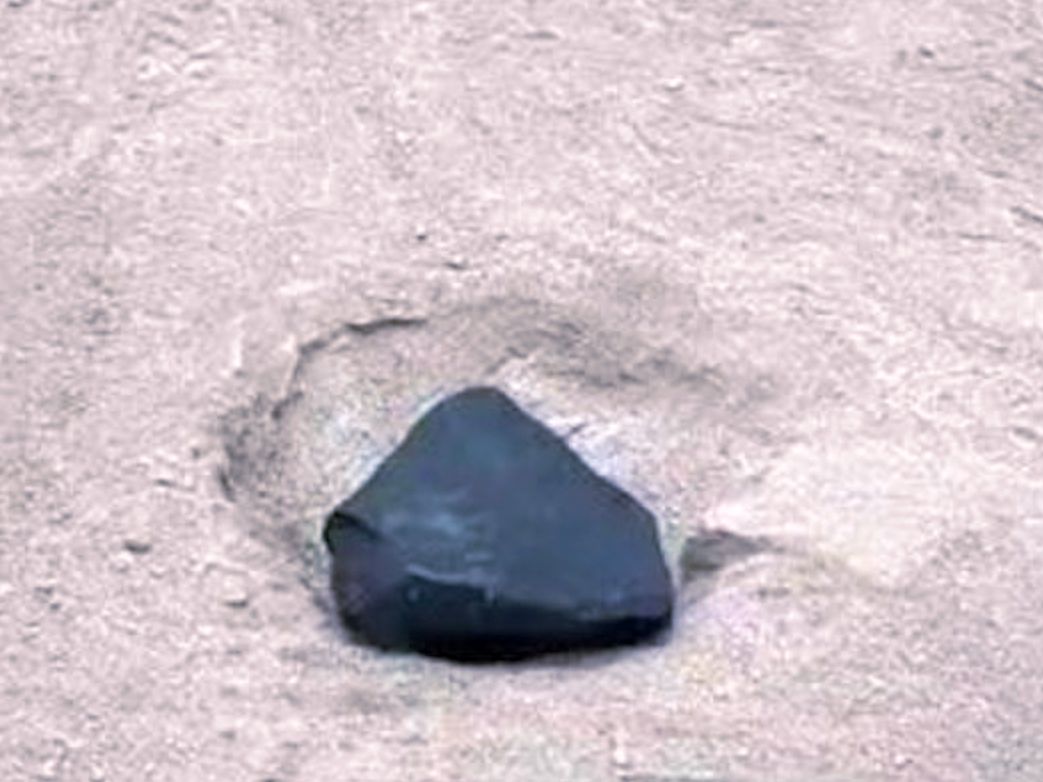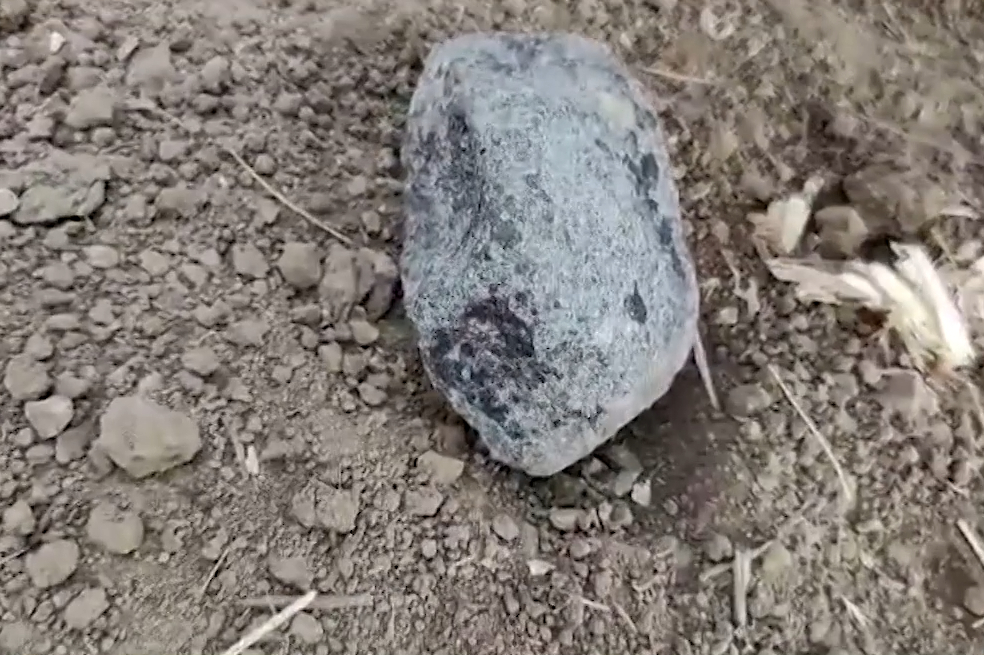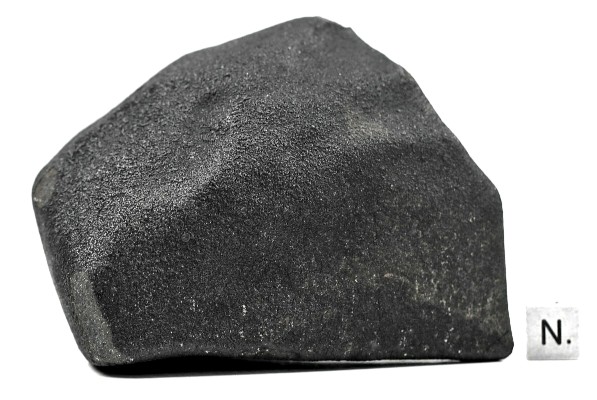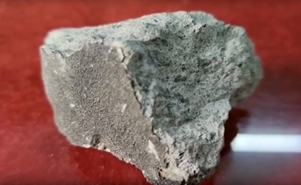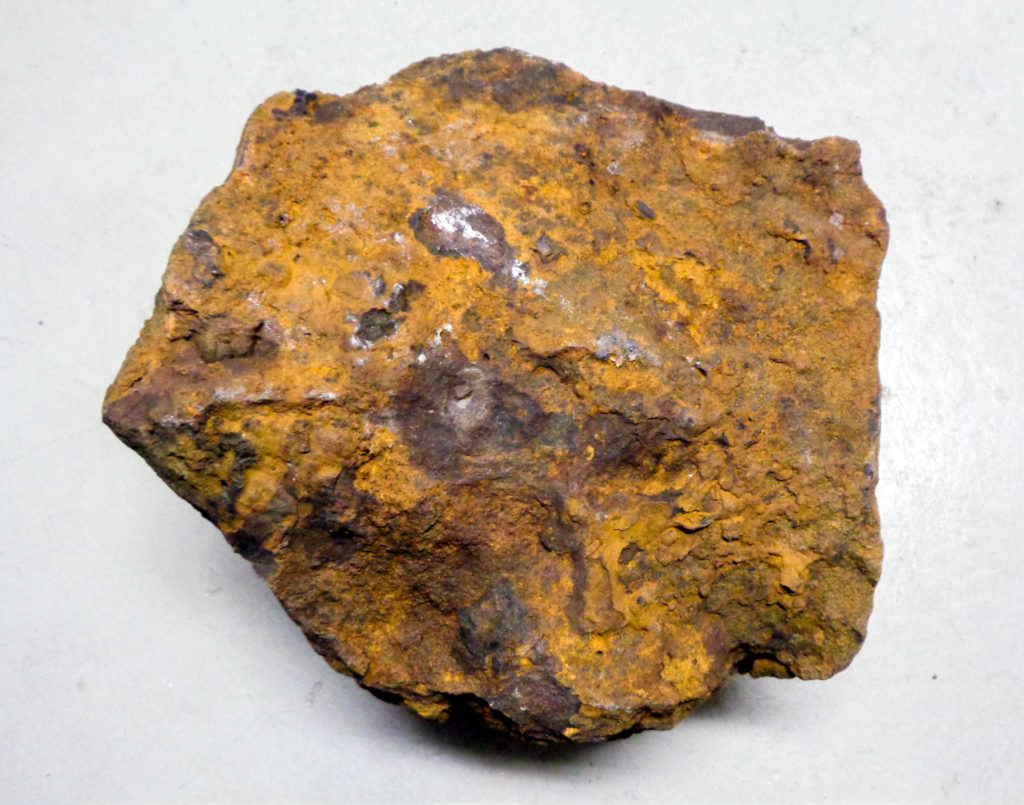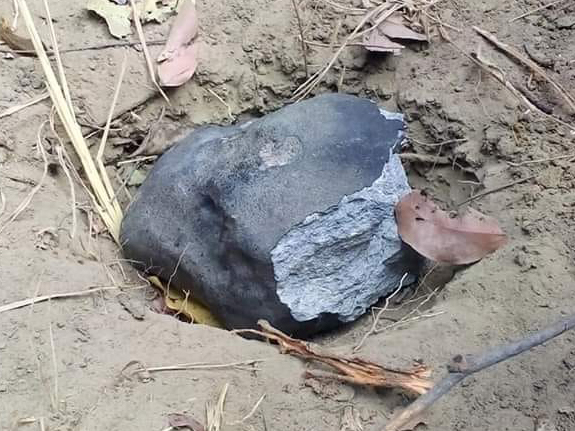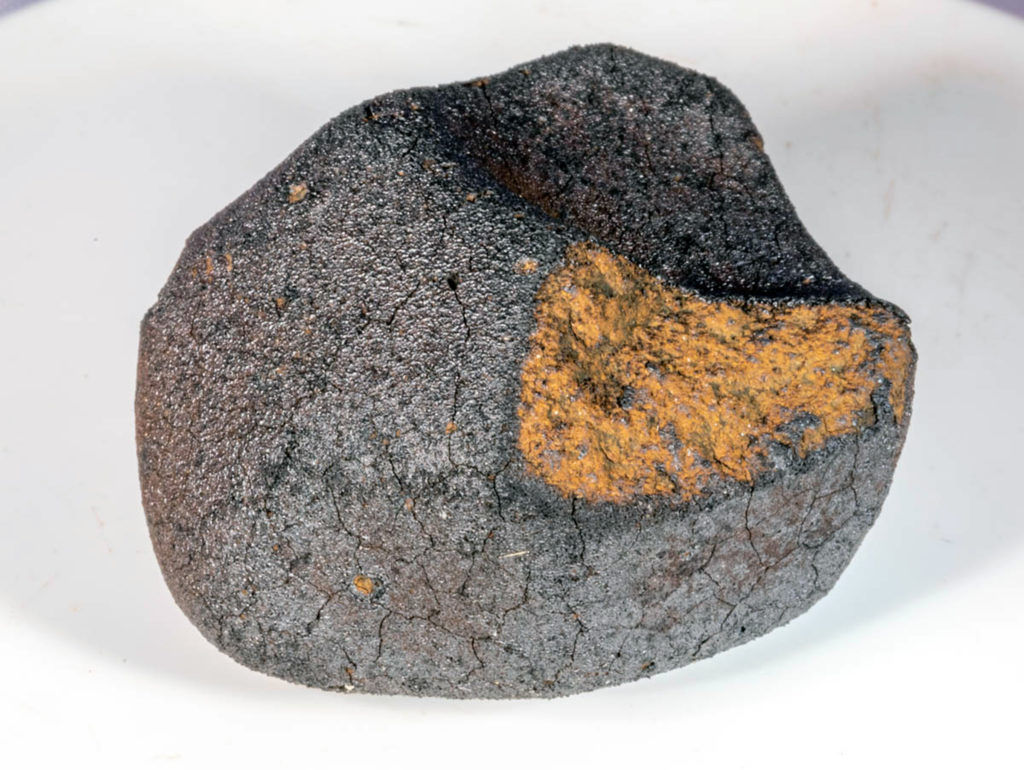New candidates for active asteroids: main-belt (145) Adeona, (704) Interamnia, (779) Nina, (1474) Beira, and near-Earth (162173) RyuguOPEN ACCESS
Vladimir V. Busarev, Andrei B. Makalkin, Faith Vilas, Sergey I. Barabanov, Marina P. Scherbina
submitted to Icarus 2017
“For the first time, spectral signs of subtle coma activity were observed for four main-belt primitive asteroids (145) Adeona, (704) Interamnia, (779) Nina, and (1474) Beira around their perihelion distances in September 2012, which were interpreted as manifestations of the sublimation of H2O ice in/under the surface matter (Busarev et al., 2015a, 2015b). We confirm the phenomenon for Nina when it approached perihelion in September 2016. At the same time, based on results of spectral observations of near-Earth asteroid (162173) Ryugu (Vilas, 2008) being a target of Japan’s Hayabusa 2 space mission, we suspected a periodic similar transient activity on the Cg-type asteroid. However, unlike the main-belt primitive asteroids demonstrating sublimation of ices close to their perihelion distances, the effect on Ryugu was apparently registered near aphelion. To explain the difference, we calculated the subsolar temperature depending on heliocentric distance of the asteroids, considered qualitative models of internal structure of main-belt and near-Earth primitive asteroids including ice and performed some analytical estimations. Presumed temporal sublimation/degassing activity of Ryugu points to the existence of a residual frozen core in its interior. It could be an indication of a relatively recent transition of the asteroid from the main asteroid belt to the near-Earth area. “

